AEOI Spox: Iran notified IAEA of Natanz construction work despite no obligation
Iran has notified the UN nuclear agency of its plan to relocate the activities of the TESA complex in Karaj to the city of Natanz, the spokesman for the Atomic Energy Organization of Iran (AEOI) said on Friday.
In an interview with Nour News, which is affiliated with the country’s top security body, Behrouz Kamalvandi said the move was taken to intensify security measures around Iran’s nuclear facilities.
Referring to last year’s sabotage at the TESA complex, the AEOI spokesman said the transfer of some of the activities to an area near the Natanz nuclear site aims to prevent the recurrence of such attacks.
The complex in Karaj, on the outskirts of Tehran, saw a sabotage attack in June last year, which authorities blamed on Israel. The attack damaged surveillance cameras at the site.
In response to reports in Western media about construction activities near the Natanz nuclear site, Kamalvandi said the International Atomic Energy Agency (IAEA) has been informed about it, even though Iran has no obligation to provide such information to the agency.
A report in the New York Times on Thursday, citing unnamed Israeli and American intelligence officials, said Iran was digging a “vast tunnel network” south of the Natanz nuclear site.
The report said Biden administration officials have been following the construction of the new facility for more than a year, “but are not especially alarmed”.
Kamalvandi said Iran has no safeguards obligation to inform the UN agency of its activities aimed at enhancing passive defense capabilities of its nuclear facilities and establishing underground workshops to relocate some activities to new locations, but it has still notified the agency of all its measures.
He described Iran’s actions as “fully transparent” and blasted the Israel-affiliated media for creating a false atmosphere around the country’s peaceful nuclear program.
He also denounced the UN nuclear agency for failing to fulfill its technical mandate and failing to condemn terrorist acts against Iran’s nuclear facilities.
Tehran and the IAEA have been at loggerheads recently after the UN nuclear agency adopted an anti-Iran resolution pushed by the US and its European allies at the agency’s board of governors meeting.
Before the meeting, IAEA chief Rafael Grossi made a whirlwind trip to Israel, where he met senior regime officials, including premier Naftali Bennett.
These unsavory developments have only complicated efforts in reviving the 2015 nuclear deal, also known as the joint comprehensive plan of action (JCPOA), amid stalled talks in Vienna.
Earlier on Friday, Iran’s foreign minister Hossein Amir-abdollahian reaffirmed his country’s commitment to “result-oriented” talks, while calling on the US to abandon its “sanctions lunacy”.
He also urged the IAEA to “focus on technical duties instead of adopting a politicized approach.”
On Wednesday, Kamalvandi had advised the UN nuclear agency chief to refrain from "complicating the situation" through political statements.
The warning came after Grossi called on Iran to resume talks on reviving the 2015 nuclear accord before things get "much more problematic".
“I amicably advise Rafael Grossi, the director-general of the [International Atomic Energy] Agency, to take distance from making unprofessional statements of political hue and color intended for media" consumption, Kamalvandi said.
VIDEO | Press TV's news headlines
Senior Russian general shot and wounded in Moscow: Officials
UK ordered in 'milestone' court ruling to pay $570 million for colonial-era massacre
VIDEO | Defying the rubble, Gaza opens its first face-to-face school since start of war
‘Ready for next round’: Million-man rally in Yemen backs Gaza, resistance
FM Araghchi departs Muscat for Doha following nuclear talks with US
Israeli keeps killing more Palestinian civilians in Gaza amid relentless ceasefire violations
Aliyev: Azerbaijani territory will not be used for threats against Iran


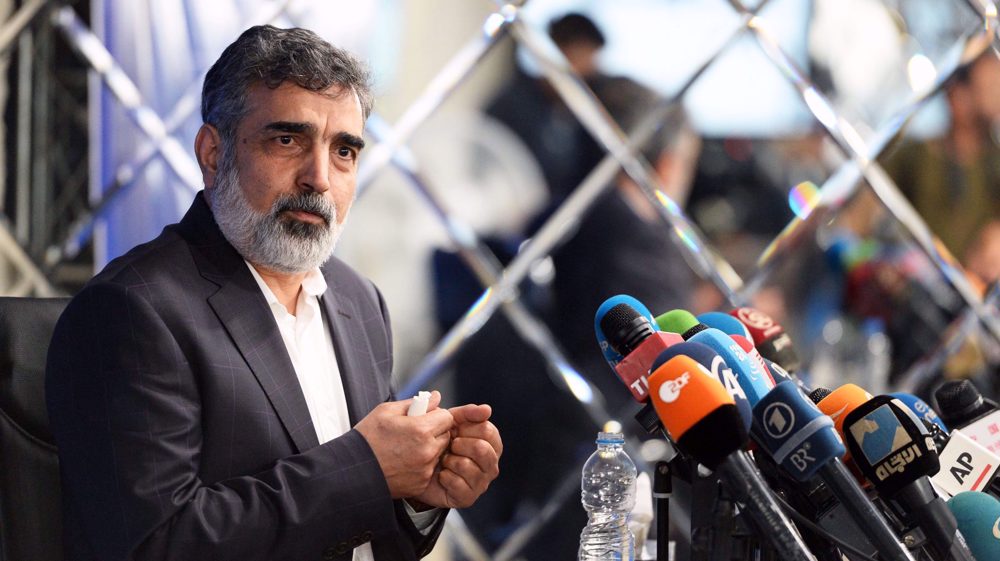
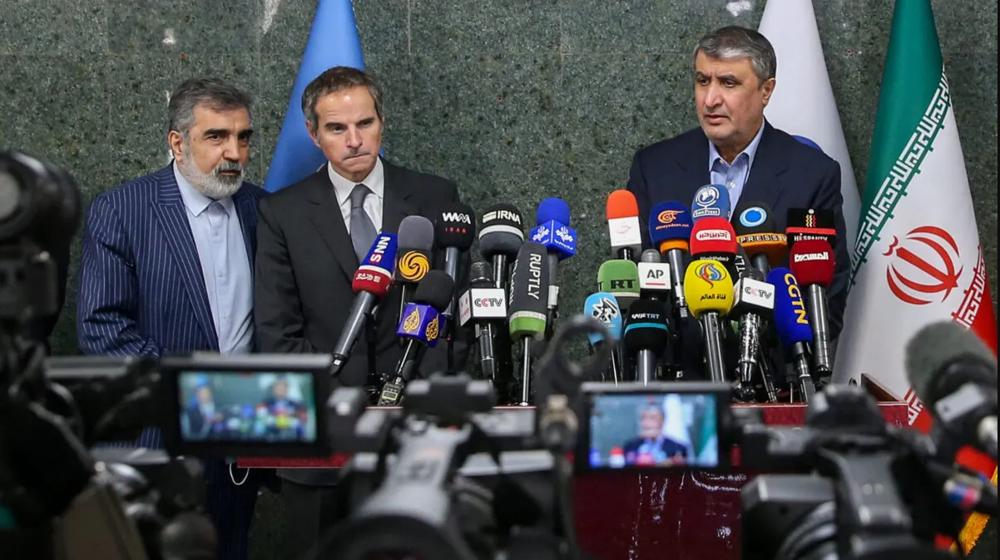
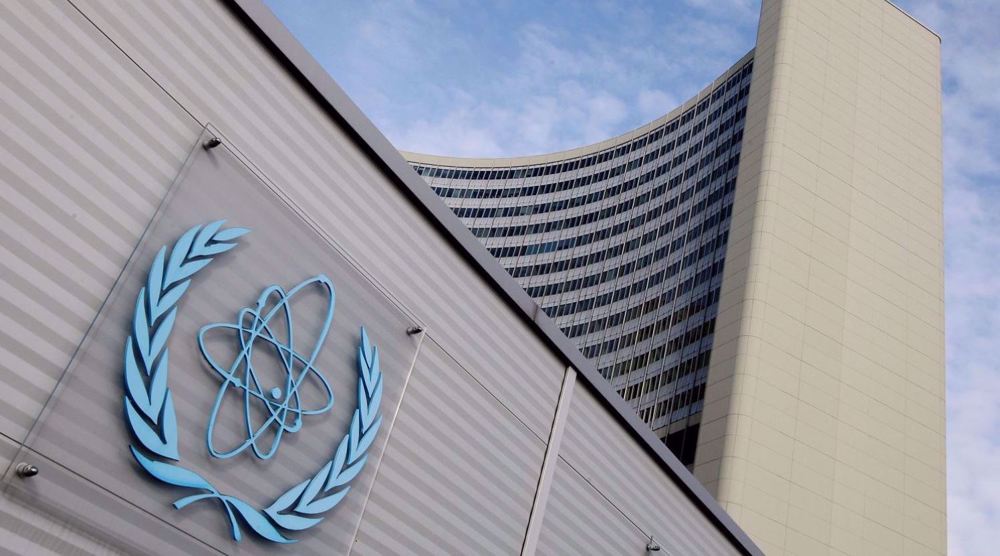
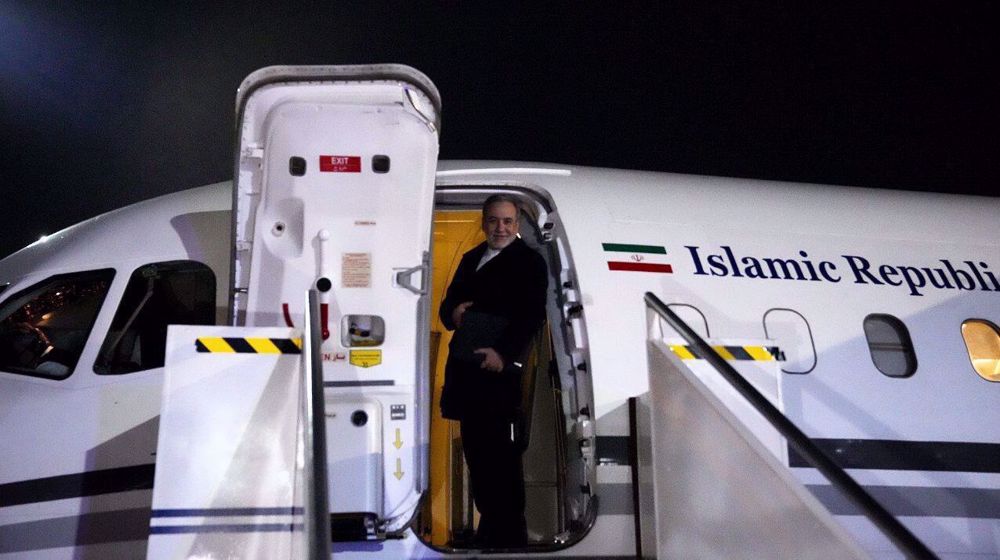
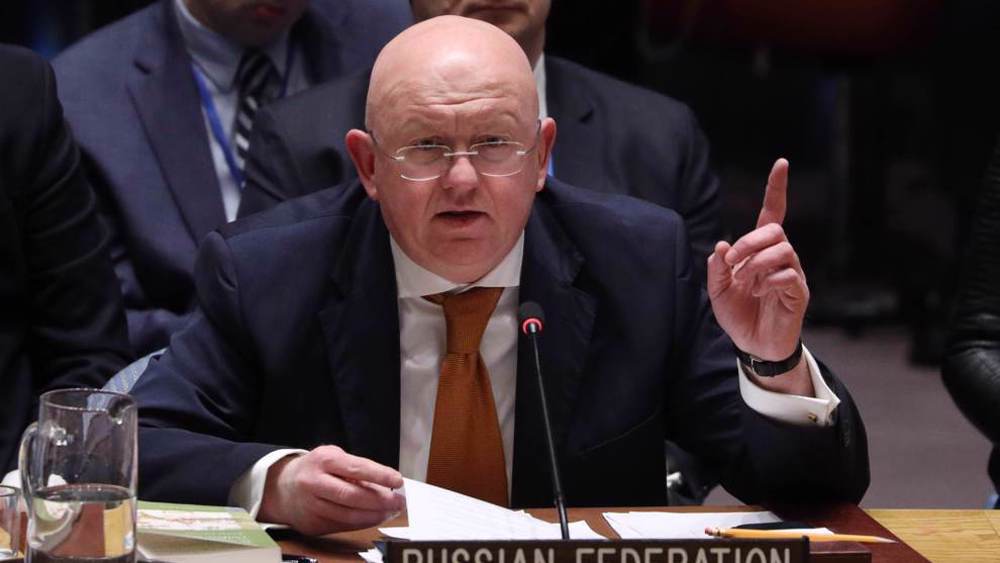
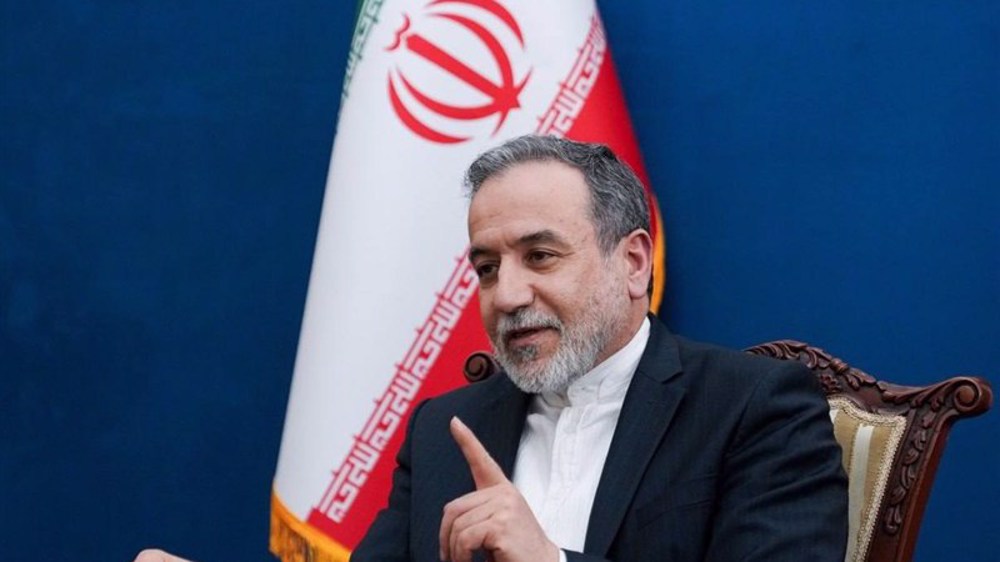



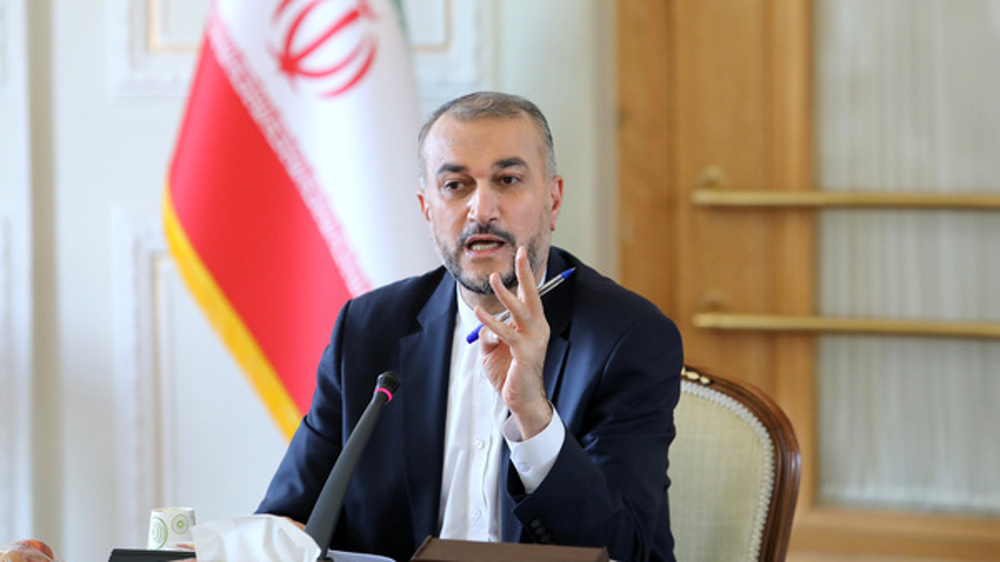
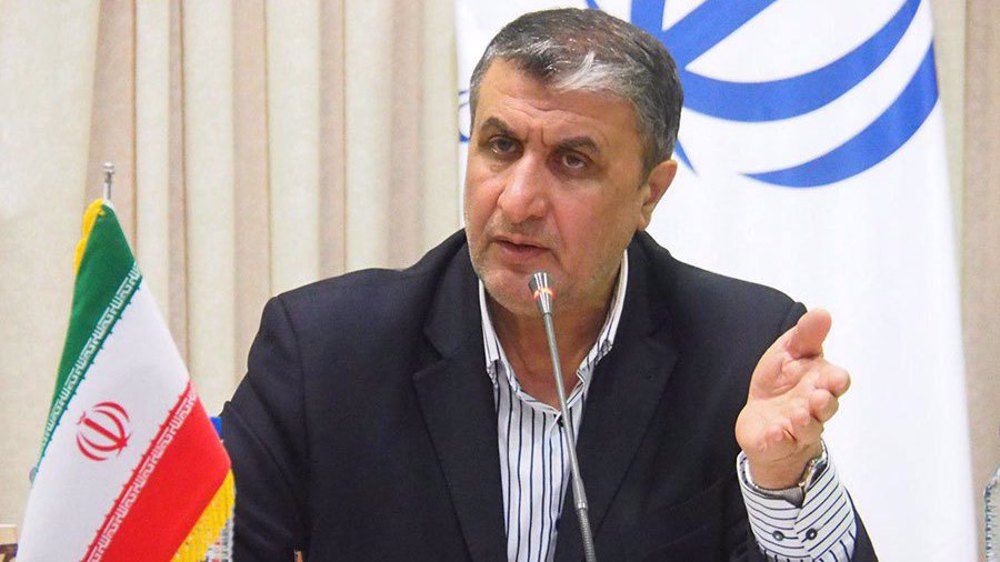
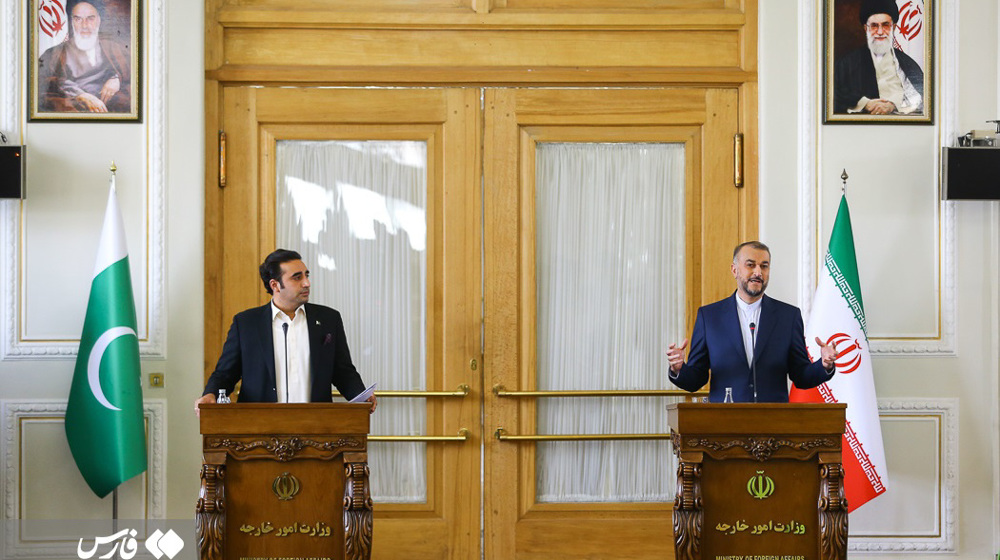
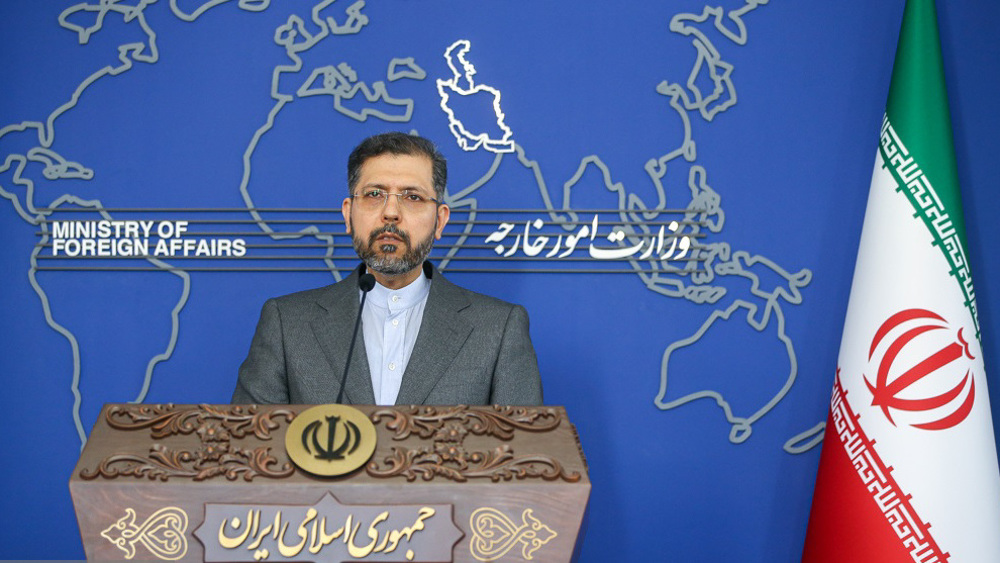
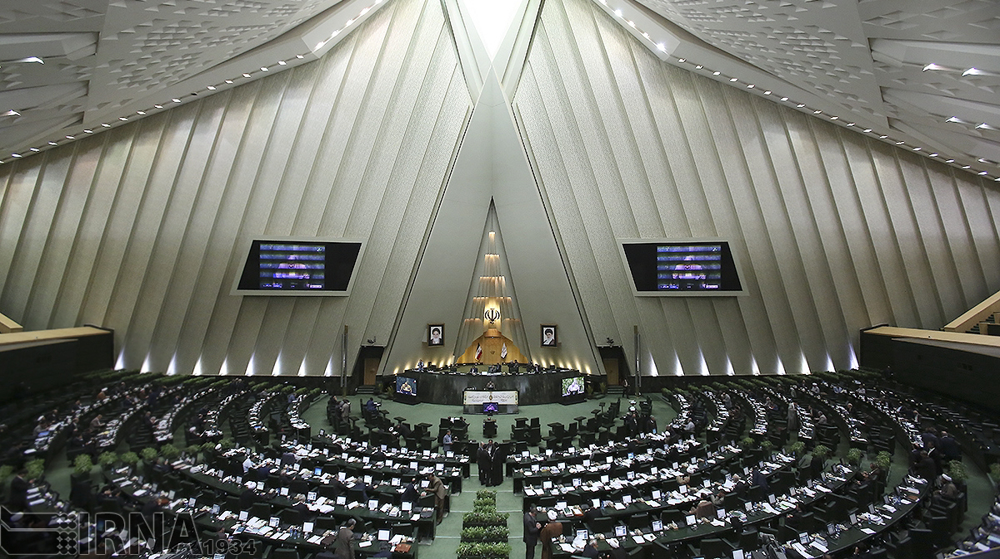

 This makes it easy to access the Press TV website
This makes it easy to access the Press TV website